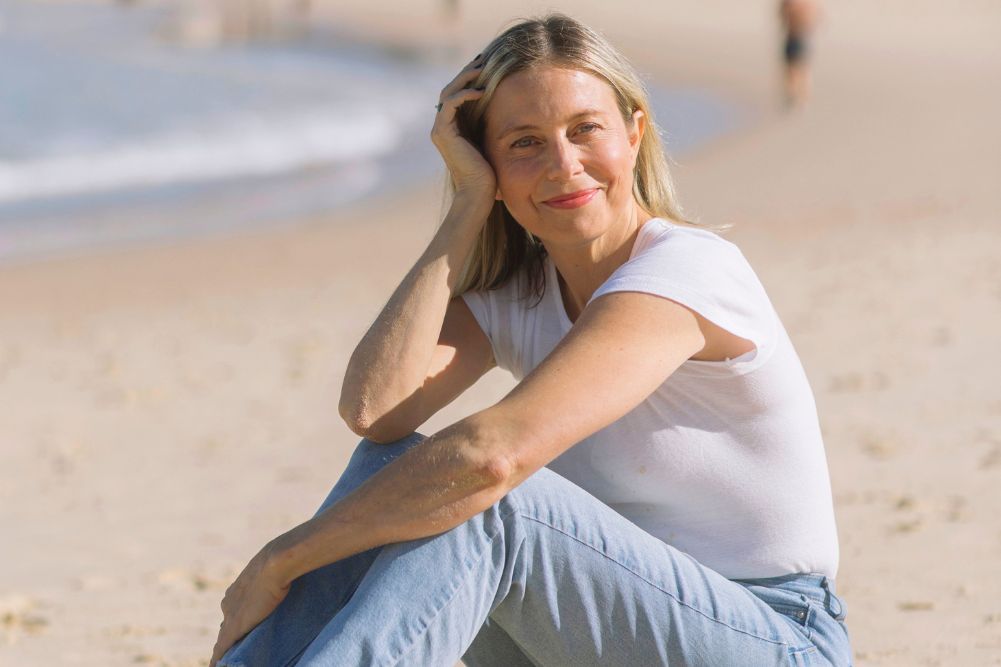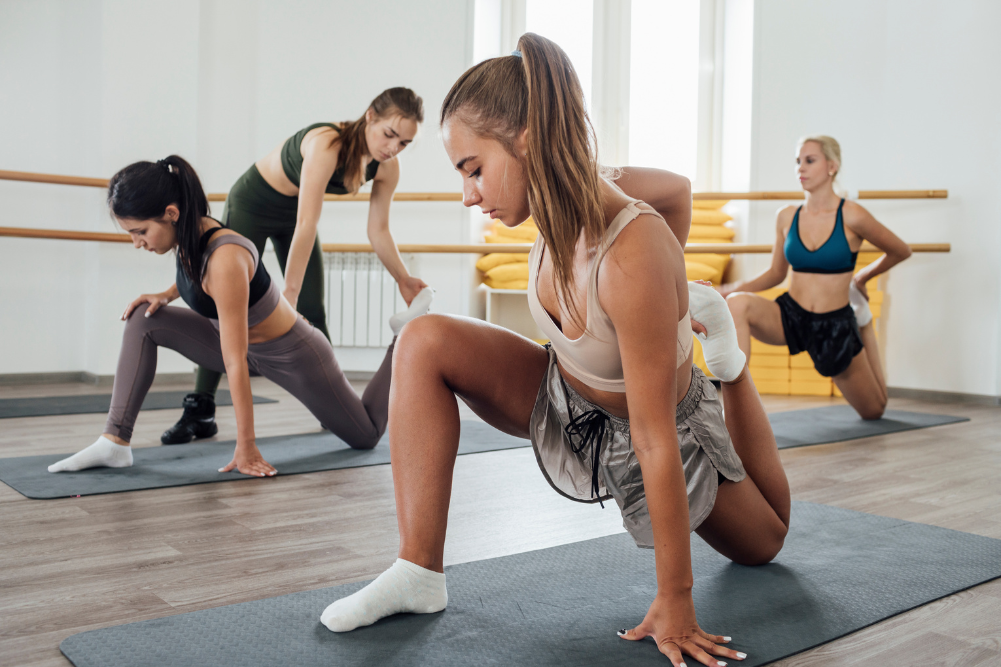Vigorous exercise determines successful ageing
Ageing is a multi-domain concept and successful ageing is defined by scientists as not suffering from chronic diseases, having optimal social engagement and mental health as well as a lack of physical disabilities. Many studies have found that physical activity decreases the risk of many chronic diseases and increases longevity, but the link between physical activity and successful ageing has not been clear. New research from the University of Sydney shows that older adults who exercise above the recommended levels have reduced risks of developing chronic diseases compared to those who don’t exercise.
The data showed that older adults who participated in more than 5000 METs of exercise each week saw the greatest resection in chronic disease.
The researchers compiled data from The Blue Mountains Eye Study (BMES) — a population-based study of common eye conditions and a range of other health outcomes in a suburban population, which started in 1992. The analyses involved 1584 adults over 49 years old, living west of Sydney. The sample participants did not have cancer, coronary artery disease and stroke at baseline and were followed over 10 years.
Information was collected from the participants on their performance of moderate or vigorous activities and walking exercise. This was used to determine total metabolic equivalents (METs) minutes of activity per week. Successful ageing status was determined through a questionnaire and was categorised as the absence of depressive symptoms, disability, cognitive impairment, respiratory symptoms and systemic conditions like cancer and coronary artery disease.
The data showed that older adults who participated in more than 5000 METs of exercise each week saw the greatest resection in chronic disease. The current World Health Organization guidelines recommend at least 600 MET minutes of physical activity each week. That is equivalent to 150 minutes of brisk walking or 75 minutes of running.
The researchers found that participants who engaged in the highest level of total physical activity were twice as likely to avoid developing chronic conditions like cancer, diabetes, heart disease, angina and stroke. They were also more likely to have optimal mental and physical health 10 years later.
While some adults may not be able to engage in high levels of activity, the researchers encourage inactive adults to do some sort of exercise and those engaging in moderate exercise to increase their levels of physical activity where possible to ensure successful ageing.
Source: Scientific Reports








